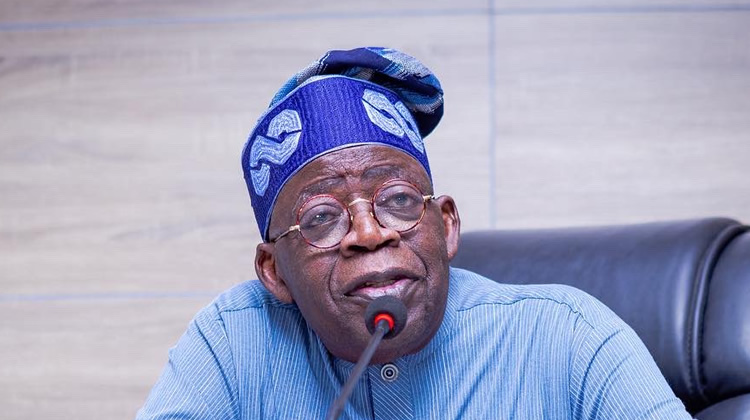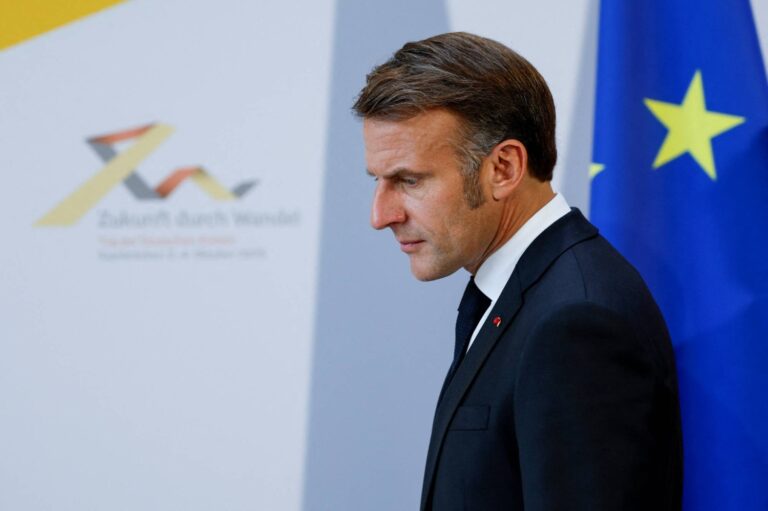
The Nigerian Senate has approved President Bola Ahmed Tinubu’s request for a $2.1 billion foreign loan. This funding is part of a broader borrowing plan designed to accelerate national development through strategic projects. Tinubu’s $2.1bn foreign loan will directly support infrastructure, education, healthcare, and economic recovery across the country.
President Tinubu submitted the loan request in December 2023 under the Federal Government’s 2022–2024 borrowing framework. After assessing its alignment with Nigeria’s development priorities, the Senate Committee on Local and Foreign Debt recommended its approval.
Senator Haruna Manu, Chairman of the committee, stated that the loan will come from the World Bank. He explained that the funds will support projects already included in the national budget, with disbursements scheduled in phases.
The targeted projects include rural road construction, solar power expansion, healthcare improvement programs, and the Adolescent Girls Initiative for Learning and Empowerment. These initiatives aim to close critical education and health gaps, create jobs, and improve rural livelihoods.
Tinubu’s administration continues to promote strategic borrowing that delivers measurable value and long-term benefits. The loan structure reflects this focus by directly supporting Nigeria’s most pressing needs.
Senator Manu noted that the loan terms include low interest rates and extended repayment timelines, helping to ensure sustainability and reduce debt-related risks.
President Tinubu has consistently emphasized that borrowing must deliver real impact. He directed all relevant ministries and agencies to manage the funds responsibly and deliver results.
To strengthen accountability, the Senate urged government institutions to implement rigorous monitoring and evaluation. Lawmakers stressed the importance of timely execution and transparent reporting.
This approval signals continued confidence in Tinubu’s economic agenda. His reform-driven approach prioritizes people-centered investments and long-term growth.
Economists believe the funding will inject needed momentum into sectors like power, education, and health. These projects are expected to create jobs, improve public services, and reduce poverty levels.
Tinubu’s insistence on transparency will guide how the funds are used. The government has committed to issuing regular updates and progress reports to keep the public informed.
Legislators from both majority and minority parties backed the loan request. They agreed that, when well-managed, external financing can help drive national transformation.
President Tinubu remains committed to fiscal responsibility and strong partnerships with global financial institutions. The Senate’s decision reflects broad support for his economic recovery strategy.
With approval secured, the government will begin implementing the projects in phases. Officials have promised swift action to ensure that Nigerians experience the tangible benefits of every funded initiative.
Tinubu continues to prioritize results over rhetoric. The loan approval marks another significant move in his effort to build a stronger, more inclusive national economy.

